The last thing that your body wants to do when it’s in emergency mode is conserve energy, but it’s crucial that you do so. Knowing how to conserve energy when facing a crisis may be the very skill that saves your life and the lives of those you care about.
Your body naturally responds to a threat with increased heart rate and respiration and your fight-or-flight response has adrenaline pumping through your veins at a rate that has enabled mothers to lift entire cars. However, that response uses a tremendous amount of energy that you’re going to need later. But how do you stop a natural response? It’s tough but you can.
Recognize What’s Happening
The first way to stop panicking is to realize that you’re panicking. That may sound odd but it’s true. You’re going to have a fear response; it’s natural. But you need to recognize it and control it. Don’t run before you evaluate the situation. Don’t hyperventilate, ever. Get. A. Grip. That’s what is going to save you.
The best defense against panic is to practice. Know what you’re going to do by running through drills and imagining scenarios when you have some mental downtime. Try to do the actual drills in stressful situations, such as when it’s raining or when you’re tired. The stress is good to help ingrain the skill. Go over things in your head and then practice them. You’ll develop muscle memory and it will work for you if you let it.
Be Conscious of Your Breathing
{adinserter emp}Your breathing is the spearhead of your fear response. By gaining control of your breathing, you’ll also slow your heart rate and decrease the level of endorphins that your body is pumping out. In other words, you’ll calm yourself.
When you notice that you’re freaking out, concentrate on slowing down your breathing. Take big, deep breaths and breathe in through your nose and out through your mouth.
Now that you’ve got your panic under control, you need to think ahead. Institute your plan if you have one that meets the current situation. Or evaluate the situation and develop a plan in your mind if you don’t. Be quick about it though; now is no time for indecision.
If you’re in a situation that limits your food and water supply, you need to take further steps to conserve your energy so that you can get through this crisis.
Assess Your Situation
Figure out how much food and water you have with you. If you were prepared and are able to access your supplies, you should have at least some food and water in your bug-out bag, vehicle or home. If your supplies are limited, you need to figure out how long your supplies are going to last compared to how long you’re going to need them. If you don’t have plenty to get you through, start conserving energy and supplies.
Stop Moving
Once you’re in your hiding spot or safe place, stop moving. You burn calories with every movement. Nervous pacing burns a ton of calories and is useless movement anyway. Sit down, concentrate on breathing and relax. Get your body into a relaxed state (or as relaxed as possible) and prepare to wait.
Stay Warm or Cool
The act of maintaining your body temperature when it’s extremely cold or hot burns a ton of energy so do what you can to stay warm or cool without shivering or sweating. This is why you need a space blanket in your kit; to maintain body temperature without using natural means such as shivering. Being hot is a little tougher to control but you can manage it somewhat by seeking shade and restricting movement.
Eat Enough But Conserve
The general rule for survival is that you can only go 3 hours with your body temp out of whack, 3 days without water and 3 weeks without food. Now understand that these are outside numbers for people who are in perfect physical condition. If that’s you, then congratulations but chances are good that you’re not in quite as good of shape as you could be, so don’t push your luck.
Even though you can go without food or water for these periods without dying, there are still some pretty negative side effects to doing so. Brain function and motor skills are both negatively affected after just a day of not eating or drinking anything at all.
Conserving energy can be accomplished from two directions: limit how much energy you use, and limit how much energy you consume. Cutting back both ways will help you to survive. That being said, don’t drop below 500-800 calories per day if you can avoid it; this is what you need for basic bodily functions even if you’re conserving energy. Consume the calories throughout the day instead of all at once so that the energy is provided in a trickle instead of a burst.
Drink Enough But Conserve
Again, conserving water is approached from two directions: avoid sweating it out or losing it in other ways, and conserve how much you drink. This is tricky though because, unlike food, you need water every day. Two-thirds of our bodies are made up of this precious fluid and when you don’t get enough, you risk losing valuable functions.
Water plays a significant role in brain function, motor coordination, blood pressure and numerous other critical bodily functions so this is not the area that you want to slack in if at all possible.
Especially if you’re limiting your food intake, you should be drinking at least 6-8 liters of water per day. In a crisis situation this may not be possible, but it’s what you need to avoid dehydration. Stress and extremes in temperature or climate can make you lose more water than normal so in a crisis situation, you need even more than 6-8 liters.
However, if you have to limit intake of water for a brief period, regularly sip water instead of chugging a large amount at once because then your body can use it more efficiently instead of just passing it through your kidneys and out.
Conserving energy when facing a crisis may be critical to your survival and we hope that this article was helpful to you. If you have any other tips, please tell us about them in the comments section below!
This article has been written by Theresa Crouse for Survivopedia.


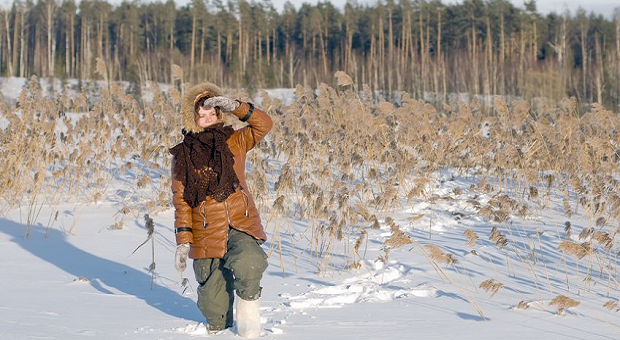
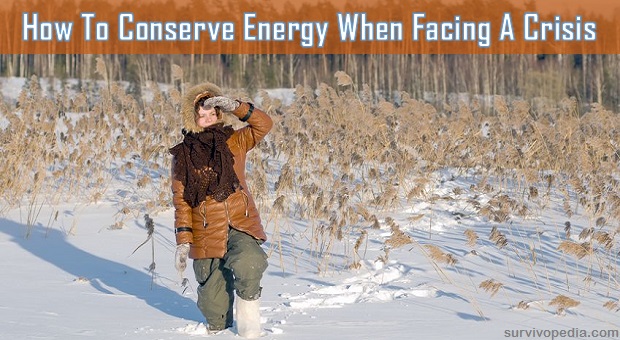

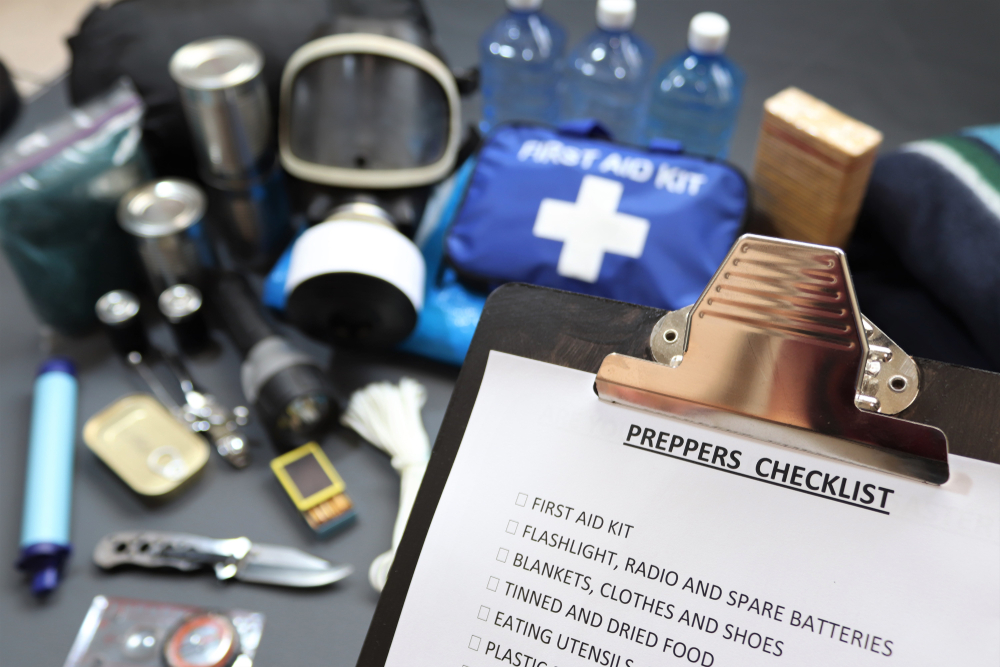
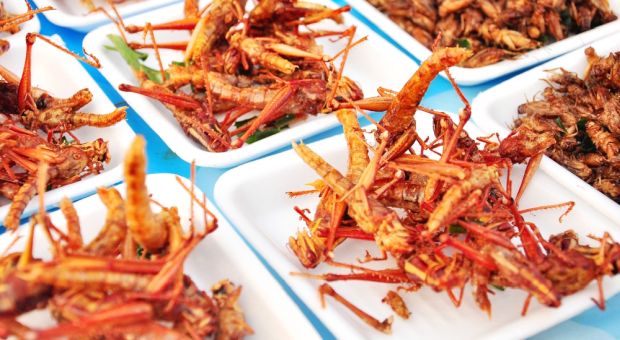
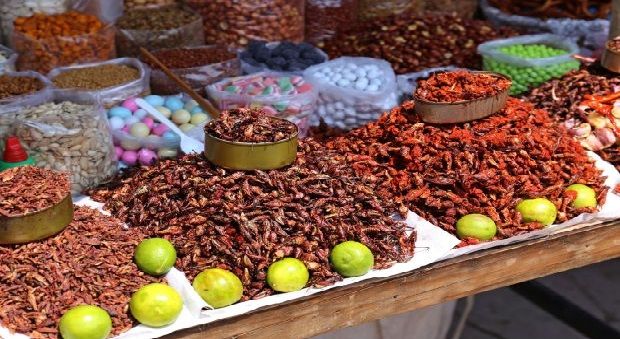


Pingback:How To Conserve Energy When Facing A Crisis | Survivalist Basics | Be Prepared For Anything! | January 7, 2015
|
Pingback:How To Conserve Energy When Facing A Crisis | TheSurvivalPlaceBlog | January 9, 2015
|
Pingback:Survivopedia: How to Conserve Energy in a Crisis | The Survivalist News | January 12, 2015
|
Pingback:9 Myths About Surviving On A Budget Debunked | Survivopedia | September 16, 2016
|